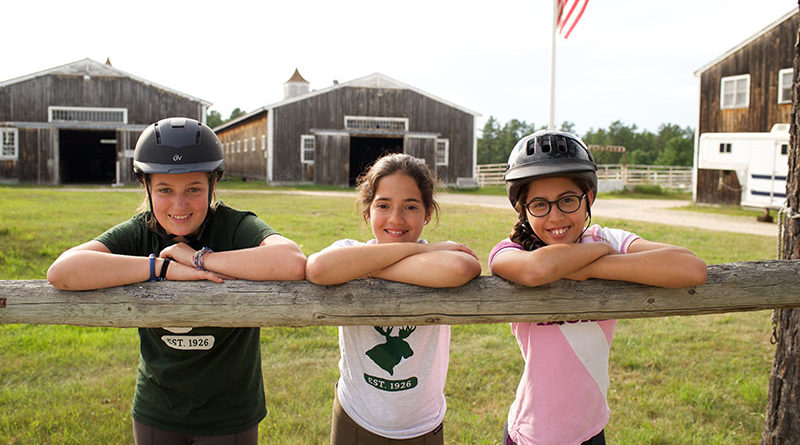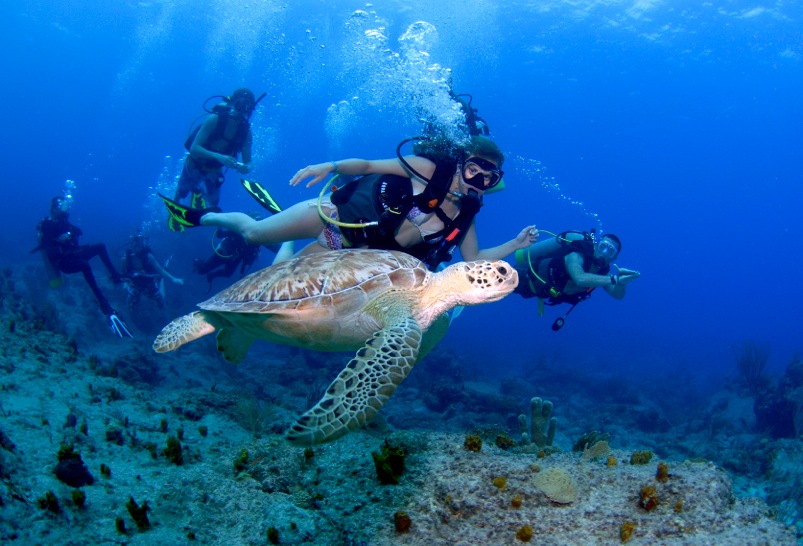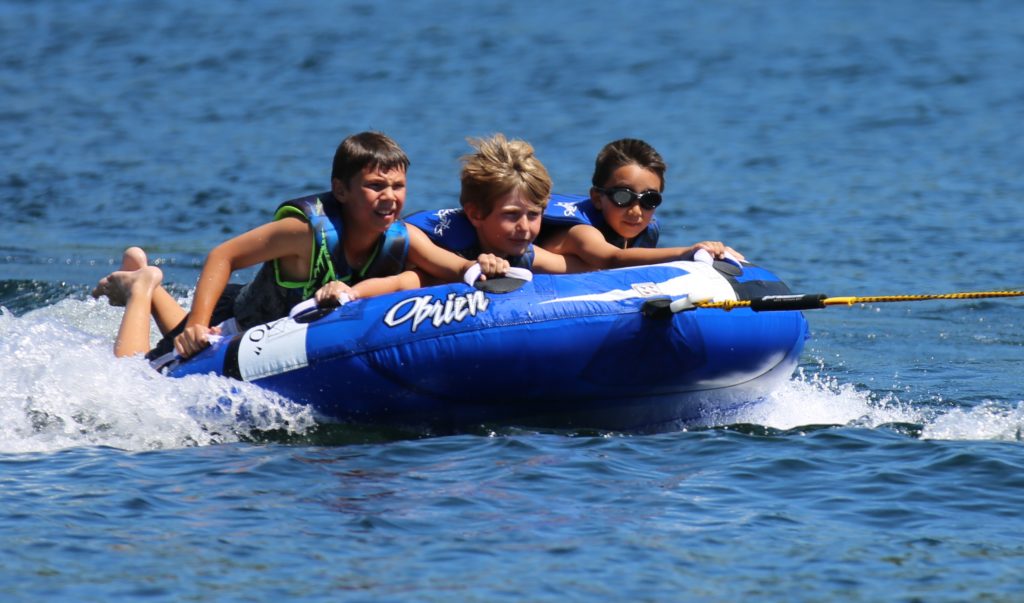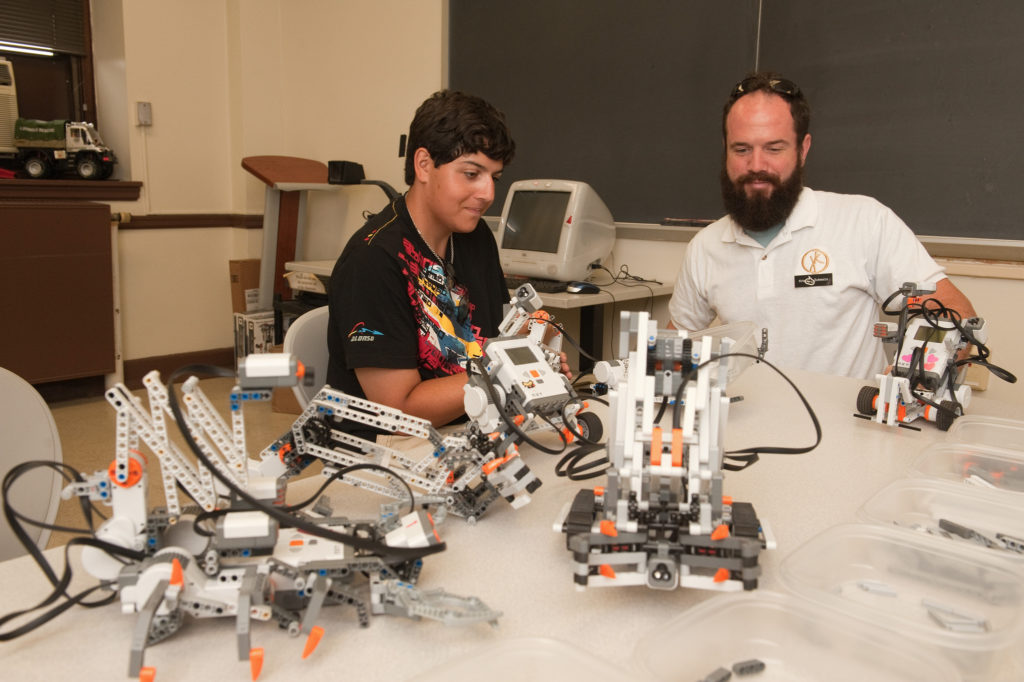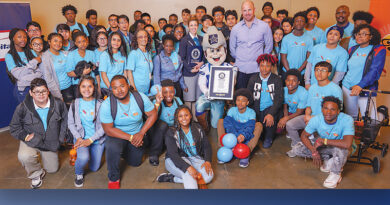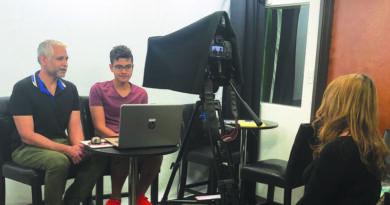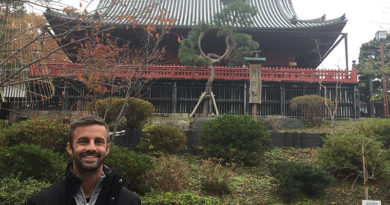Great Summers Start With Right Questions
How will you fill your child’s summer? Does he or she need to develop new interests, get a dose of self-esteem, improve skills in sports or arts? Is your child happier with a variety of activities or a program that focuses on one particular interest?
(ABOVE: Camps offer opportunities to learn skills such as horseback riding. Courtesy photo)
The answers to such questions will guide you to the type of summer program that fits best.
Quality camps offer much more than recreational experiences. They are educational institutions that teach life skills such as developing independence, relating to peers, coping with fears and challenges, and problem-solving.
In choosing a summer program, a parent will need to begin with some practical considerations: type, duration, and location.
Does your child need a traditional program or one with a particular focus? Coed or not? Is there a religious affiliation? Are you looking for a two-week camp or something longer? Would Maine, New Hampshire, or Vermont be too far?
Length of stay depends on the maturity of your child, but shorter is not necessarily better. Two weeks is definitely better than one. It takes time to learn new skills and build friendships. Most may feel a little homesick in unfamiliar surroundings, but all good camps have built-in mechanisms for dealing with those issues.
Has your child outgrown camp or begun looking for a new experience?
Community Service is often an exciting option. A teenager can help rebuild communities in need in the U.S., work at a day camp in the Dominican Republic, study sea turtles in Puerto Rico, or volunteer on a Native American reservation in the Southwest. Such programs satisfy school community service requirements and are often used as the basis for college essays.
Does your teen need to learn to work with a group, stretch limits, and gain confidence? An adventure program will develop leadership and communication skills through physical activities such as biking, rock climbing, scuba diving, hiking, and kayaking in the US and abroad. These same programs can include a homestay with a family in a foreign country and a chance to learn the native language.
Enrichment programs on college campuses allow high school students to explore the feel of college. Programming can include SAT preparation, college visits, and study in many areas. Course options range from foreign language, psychology, computer science, and journalism to cooking, photography, or how to interpret dreams. If your teen already has a specialized interest, there is most likely a program out there.

Summer can be one of the most rewarding, unforgettable experiences in your child’s life. If you want your child to get the maximum benefit from the experience, do your homework now.
Helene Abrams, an advisor with Tips on Trips and Camps, a free summer camp and trip advisory service, helps parents of children ages 7-18 find enriching summer overnight experiences. Email her at [email protected] or 214-484-8141.

